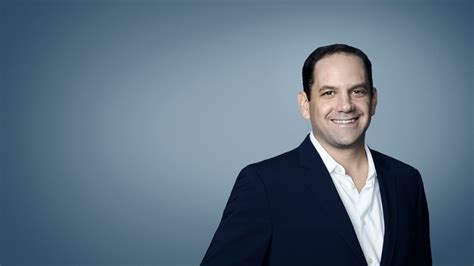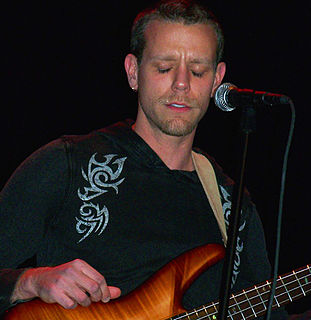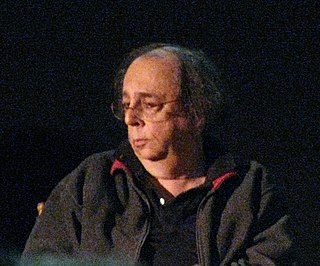A Quote by Sam Esmail
I never look at twists as a way to trick the audience. Obviously, I think a good story has surprises and unexpected turns, and you always want to do that with an audience. But it has nothing to do with conning them or making them believe so strongly in one thing and then kind of going the other way.
Related Quotes
Well, besides being entertained, I’d like to move them emotionally. I mean I really want to uplift them. I want to look down at the audience, and this is personal experiences now I’m going to tell you. It’s like you look down at the audience and see people smiling, crying, hugging each other. I want them on their way home to feel empowered like they can do anything.
When technology is used as a gimmick it can be a terrible distraction. The trick is to harness technology in a way that empowers the audience, informs them and brings them closer to the action. CNN has always been an innovator on election night, with the Magic Wall leading the way. Tonight, for the first time, and we're going to put the Magic Wall in the hands of our audience. Along with our partners at Microsoft, we have built a tool to let our users drill down into the key races and access a great deal of data, real time, as the results are unfolding.
There's no reason my films can't work as hard as VR does to hook an audience and never let them go, so I think that that it turns the volume up a little bit on storytelling. The same way when I was doing commercials and then I went and shot 'Go,' and 'Go' has a level of pace that is unlike any of my other movies.
I've had shows where you think, "Is this going well? I can't tell," and then you say goodnight and you get this ovation. They're sorta like a theater audience. I've learned that much; that they're not always going to be doing backflips - but I'll never figure it out. Because sometimes you walk up there, and they're so excited, and then other times, it's just... But sometimes an audience is bad, and you can tell them they're bad, and that sort of breaks the ice a bit.
I don't think about the audience, I don't think about what makes them happy, because there's no way for me to know. To try to think of what makes for entertainment is a very Japanese thing. The people who think like this are old-fashioned. They think of the audience as a mass, but in fact every person in the audience is different. So entertainment for everyone doesn't exist






































